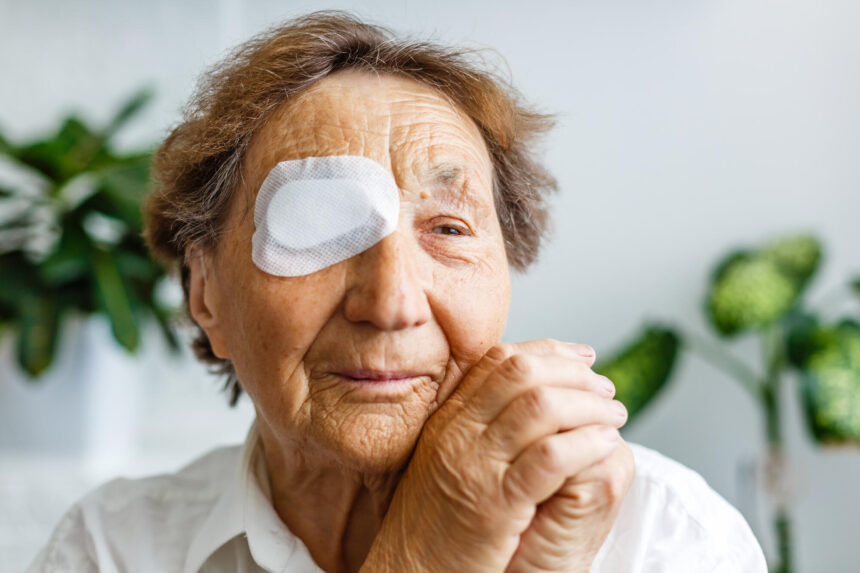After cataract surgery, many people wonder what happens next. It’s normal to have questions or concerns about healing, potential side effects, and how to protect your vision.
Understanding these aspects is essential for a smooth recovery. Knowing what to expect during this time can help minimize your worries and allow you to focus on getting back to your everyday activities.
What Happens After Cataract Surgery?
When you undergo cataract surgery, the cloudy lens in your eye is replaced with an artificial lens, which can lead to clearer vision. Right after the operation, however, it’s common to experience some immediate side effects. These can include mild discomfort, light sensitivity, and blurry vision.
Most patients return home the same day, and it’s crucial to have someone drive you. As you start to heal over the next few days, your vision may fluctuate. Initially, it’s perfectly normal to have some ups and downs as your eyes adjust to the new lens.
Recovery Tips for a Smooth Healing Process
As you recover from your surgery, there are some essential tips to follow. First and foremost, don’t forget to follow your eye surgeon’s instructions.
You might be prescribed eye drops to help with healing and prevent infections. Using them as directed is crucial for a successful recovery.
Understanding Your Vision Changes
Many people notice changes in their vision as they recover. You might experience blurry vision when looking at distant objects or even have a cloudy feeling. This can be alarming, but it’s typically a normal part of recovery.
Your brain needs time to adjust to the new lens, similar to when you learn to ride a bike. It may take a few weeks for your vision to stabilize, so be patient and try not to worry if things don’t look perfect right away.
When to Contact Your Doctor
While most side effects are mild and temporary, some symptoms require immediate attention. If you experience severe pain, sudden vision loss, or noticeable redness in the eye, it’s crucial to get in touch with your doctor right away. These could be signs of complications that need to be addressed.
Your eye doctor is your best resource for managing any concerns you have. If you find yourself troubled by specific issues or have questions about the healing process, don’t hesitate to reach out for advice.
Protecting Your Eyes and Long-Term Vision
After your recovery, it’s essential to take steps to maintain your eye health. Regular eye exams will ensure that any changes in your vision are caught early. It’s also a good idea to talk to your doctor about protective eyewear if you participate in sports or activities that might put your eyes at risk.
Maintaining a healthy lifestyle can also contribute to long-term vision health. Eating a balanced diet rich in fruits and vegetables, staying active, and not smoking can all impact your eyes positively.
Positive Recovery Experience
Recovering from cataract surgery can come with various concerns, but knowing what to expect can ease many worries. Understanding post-surgery cataract concerns explained will guide you through this process.
Following your doctor’s guidelines, using prescribed medications, and regularly checking in with your physician can help ensure a smooth recovery. Stay positive and patient as you transition to better vision.
For more helpful tips, check out the rest of our site today.


